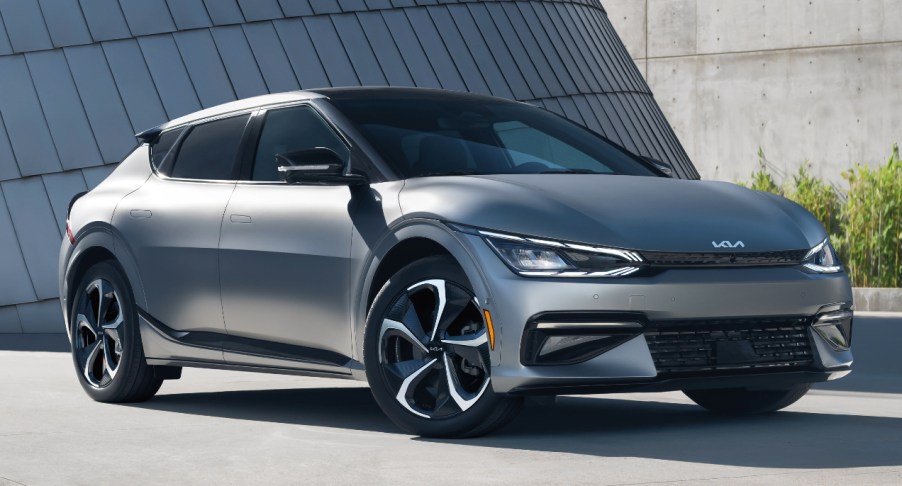
Just How Environmentally Friendly Are New Electric SUVs?
Electric SUVs are becoming more popular, with more and more automotive manufacturers producing and planning to produce electric vehicles of all sizes. Among the best sellers are electric sport utility vehicles, with their versatility and environmentally-friendly status. Yet just how green are electric SUVs? Let’s take a look at how they compare to traditional internal combustion engine (ICE) vehicles.

Electric SUVs really are better for the environment than ICE vehicles
Maybe you’ve heard that producing electric vehicles is worse for the environment than regular ICE vehicles. While it is true that there are some environmental consequences to manufacturing electric vehicles, overall, they are still better for the environment than conventional SUVs and cars. Here’s why.
Making an electric SUV, car, or truck used more energy than an internal combustion engine vehicle. Yet the “total greenhouse gas (GHG) emissions associated with manufacturing, charging, and driving an EV are typically lower than the total GHGs associated with a gasoline car,” according to the EPA.
Electric SUVs are better because they don’t have tailpipes
One of the reasons that electric SUVs are better for the environment than traditional fuel-powered vehicles is that electric vehicles don’t have a tailpipe and “are typically responsible for significantly fewer GHGs,” which are greenhouse gases, while running.
That means that over the life of your electric SUV you’re going to cause less damage to the earth than if you were driving an ICE vehicle. That includes the additional damage done during the manufacturing process.
Even charging electric vehicles isn’t worse for the environment than fueling
Electric vehicle charging infrastructure is still developing. And it’s true that charging electric SUVs, cars, and trucks does do some damage. Yet this still doesn’t outweigh the damage done due to traditional fuel.
The amount of damage done to the planet because of electric vehicle charging depends on the platform with which the vehicle is charged. Coal and natural gas create carbon pollution, while solar and wind power don’t. Yet even though coal and natural gas make carbon pollution, “research shows that an EV is typically responsible for lower levels of greenhouse gases (GHGs) than an average new gasoline car.” And, if your EV is charged via solar or wind power, it’s even more earth-friendly.
It can be difficult to navigate the electric vehicle versus traditional internal combustion engine conversation. After all, while electric vehicle technology is hardly new, it is only recently becoming a mainstream alternative to the vehicles that we’re all used to. And the draw of our beloved gas-powered cars remains strong, further increasing resistance to electric SUVs, cars, and trucks. Yet electric vehicles truly are more environmentally friendly, and as auto manufacturers continue to put out worthy competitors the vehicles we’ve all loved for decades, it’s highly probable that electric vehicles are our future.


